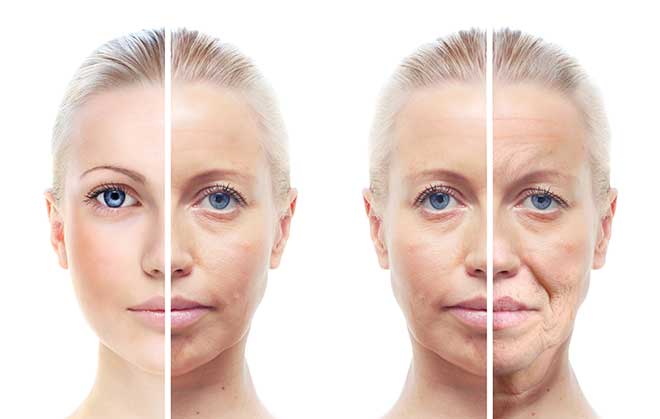Too often women don’t start taking care of themselves until it’s too late. Prevention and early intervention are keys to living a longer, healthier life. There are simple things to do in your 20s so you can feel great well into your 60s and beyond.
20s
1. Schedule annual physicals.
Find a primary care doctor you trust and make a yearly appointment to establish a relationship. Annual physicals are the best way to keep up with things like cholesterol levels, blood pressure and thyroid health. They also can catch problems before they get out of hand.
2. Ditch unhealthy habits.
It’s time to stop the smoking, incessant drinking and junk food craze you might have followed in college. Eating healthy is important, and any habits you start now can last a lifetime. Even if you’re thin, things could change as you get older. It’s much easier to keep weight off than to lose it!
3. Get plenty of calcium and vitamin D.
You may think it’s too early to be concerned about osteoporosis, but 90 percent of our bone mass is achieved by age 20. Try to get 1,200 mg of calcium and 1,000 IU of vitamin D daily.
30s
1. Keep track of your weight.
Many women struggle with weight for the first time now because metabolism starts to slow around age 35. Trying to juggle work, family and other stresses makes it hard to include exercise in your schedule, but it’s worth the effort.
2. Make sleep a priority.
After looking at your to-do list, it might seem impossible to get to bed early, but proper sleep is essential to good health. Allow yourself plenty of time to unwind at night, and make your room comfortable and inviting.
3. See the OB/GYN regularly.
Establish a baseline for what is normal for you as you go forward. This will be helpful later, during perimenopause, childbirth and other hormonal periods of your life. Determine the right birth control method, one that is safe and comfortable for your lifestyle. If you’re a mom, try to minimize stress by not biting off more than you can chew.
40s
1. Get mammograms.
The guidelines can be confusing, but most experts agree that women should start annual mammograms at age 40. Family history might require biannual visits.
2. Screen for diabetes.
Type 2 diabetes becomes extremely common after the age of 40, so discuss with your doctor and start getting screened for diabetes. The American Diabetes Association suggests you get checked at least every three years starting at 45.
3. Lower calorie intake and increase activity.
Even if you’re not eating more, you might gain weight because metabolism declines in your 40s. Try eating smaller, more frequent meals. Just 20 to 30 minutes of exercise most days will help you maintain your weight, and strength training helps preserve muscle and bone density.
50s
1. Take care of your heart.
After age 50, a woman’s risk for heart disease increases drastically. Know your heart health numbers and discuss them with your doctor.
2. Get screened for colon cancer.
Schedule a colonoscopy to catch any polyps in the precancerous stage. If your results are normal, you won’t have to do it again for another 10 years.
3. Get the flu vaccine.
As you age, the risk of serious or life-threatening complications from the flu increases. Getting vaccinated is the best form of protection. Many hospitals offer the shots free on certain days early in the vaccination period, in order to head off an epidemic.
60s
1. Get your bone density tested.
By age 65, all women—even those without risk factors—need a bone density test. The DEXA scan is an X-ray, so it’s totally painless. Protect your bones by getting ample calcium.
2. Increase your vitamin B12 intake.
Many people over 60 fall short, but this nutrient is needed to produce healthy red blood cells and protect your nervous system. It’s found in beef, seafood and fortified breakfast cereals, or you can take a supplement.
3. Get informed about the shingles vaccine.
A rash caused by shingles can be severely painful, and nerve pain and damage can be long-lasting. The vaccine can dramatically reduce your chances of getting it, and it’s currently recommended for adults over 60.
[Information compiled from womansday.com.]
